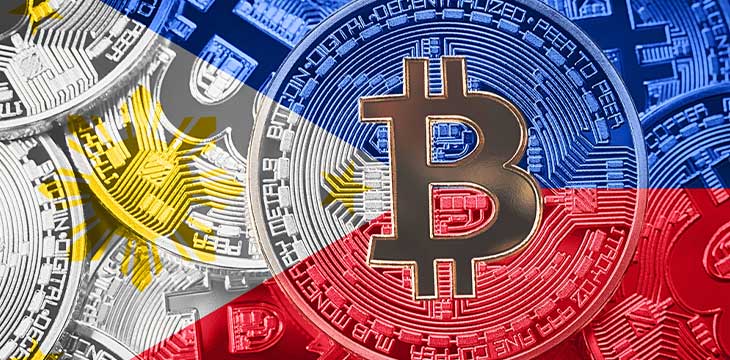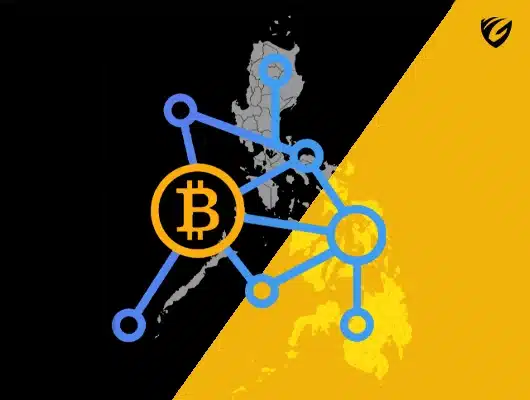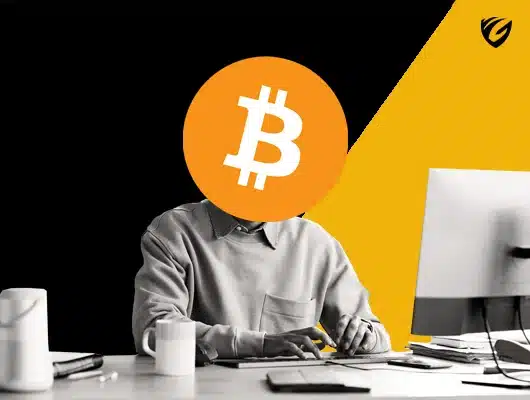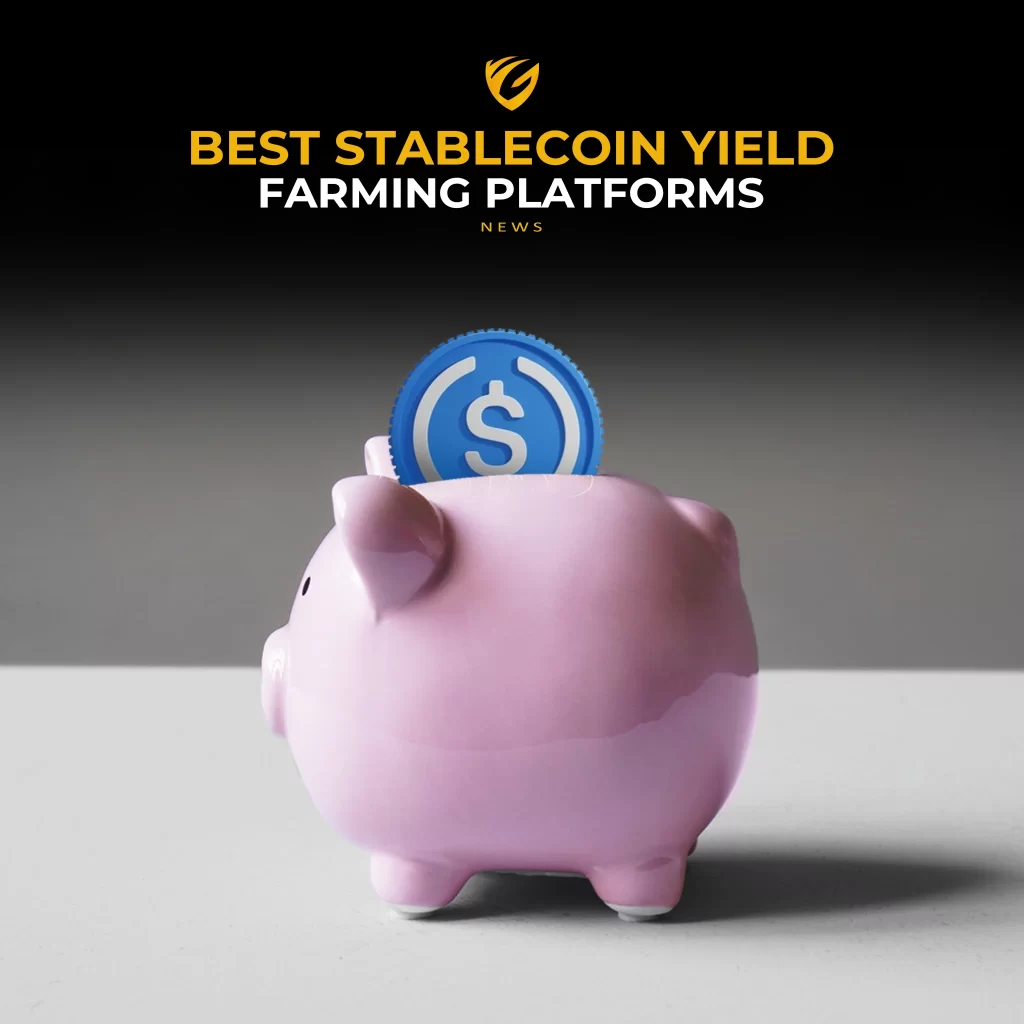Philippines Set to Introduce Wholesale CBDC: A Non-Blockchain Approach
By Brylle Uytiepo • February 13, 2024
Philippines Set to Introduce Wholesale CBDC: A Non-Blockchain Approach
In a bold move, the Bangko Sentral ng Pilipinas (BSP), the central bank of the Philippines, is gearing up to launch a wholesale central bank digital currency (CBDC) within the next two years. The Governor, Eli Remolona, disclosed the central bank’s strategy to focus on a non-blockchain wholesale CBDC, mediated by traditional banks.

Blockchain Skepticism and the Decision for a Non-Blockchain CBDC
Unlike some central banks experimenting with blockchain technology for CBDC development, the BSP has opted for a different approach. Governor Remolona highlighted the challenges faced by other central banks that attempted blockchain, stating, “Other central banks have tried blockchain, but it didn’t go well.” Instead, the central bank-owned payment and settlement system will power the CBDC in the Philippines.
Wholesale CBDC Model: Banks as Mediators
The BSP’s wholesale CBDC model will involve banks as intermediaries, limiting the counterparties to financial institutions. Governor Remolona emphasized the central bank’s concerns regarding potential issues with retail CBDC, such as disintermediation, bank runs during financial stress, and an increased central bank footprint. By choosing the wholesale model, the central bank aims to mitigate these risks.
Learning from Global Examples: Sweden and China
Governor Remolona drew inspiration from Sweden and China, countries that are developing CBDCs as a digital complement to physical cash. He sees the Philippines replicating their experiences and views the CBDC as a significant development that “would definitely happen” during his term as governor. Responding to questions from journalists, he confirmed the launch could occur within the next two years.
Philippines’ Stance in Crypto Industry and Regulatory Measures
The Philippines has maintained a stringent stance on the cryptocurrency industry, actively safeguarding its local market from foreign players. In December 2023, the Philippines Securities and Exchange Commission (SEC) reiterated its ban on Binance, citing the exchange’s unregistered activity in the country. Despite warnings, Binance has remained a major crypto trading platform in the Philippines.
Looking Ahead: A Strategic Move for the Philippine Financial Landscape
As the Philippines prepares to launch its non-blockchain CBDC, the move reflects a strategic decision to modernize the country’s financial infrastructure. By opting for a wholesale model and avoiding blockchain technology, the BSP aims to navigate potential challenges while embracing the digital evolution of central banking. The development of the CBDC aligns with global trends, signaling the Philippines’ commitment to staying at the forefront of digital financial innovation.



